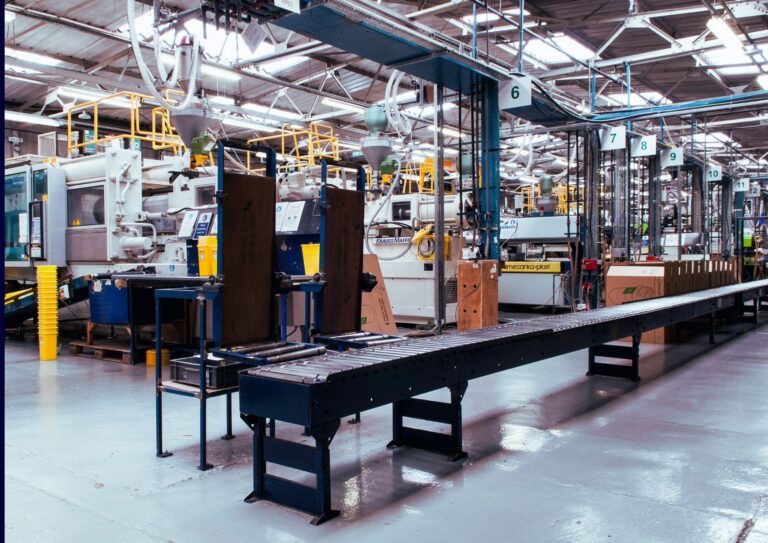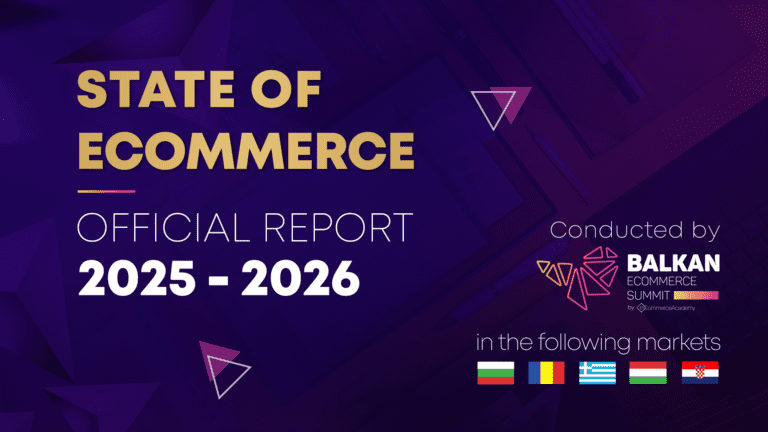Bulgarian SMEs are lagging behind in the fight against climate change
A new Eurobarometer survey published by the European Commission earlier this month reveals alarming data on the readiness of Bulgarian small and medium-sized enterprises to combat climate change. While in the EU more and more companies are turning sustainability into a competitive advantage and taking steps to reduce their carbon footprint, Bulgarian SMEs are still lagging behind in the green transformation, with only a third of them having developed or planning to develop climate neutrality strategies.
Key findings from the study:
- Slow pace of adoption of green practices: Almost 60% of the Bulgarian enterprises do not plan to take actions to reduce their carbon footprint.
- Lack of strategies: Only 12% of Bulgarian SMEs have an existing strategy to reduce carbon emissions, which is significantly less than the average level for the EU (21%).
- Lower recycling rate: Although Bulgarian SMEs take steps to save energy, water and materials, the recycling rate (27%) is significantly lower compared to the EU average (48%).
- Administrative barriers and high costs: According to the results of the survey, the main obstacles to the introduction of resource-efficient measures in Bulgaria are complex administrative procedures (41%) and high costs (26%).
What are the reasons for this lag?
Experts point to several possible reasons for the weaker commitment of Bulgarian SMEs to the climate goals:
- Lack of awareness: Many Bulgarian enterprises are still not fully aware of the impact of their activities on the environment and the benefits of switching to greener practices.
- Limited financial resources: The high investment required to introduce new technologies and processes is a serious obstacle for small and medium-sized enterprises.
- Lack of qualified personnel: The labor market lacks specialists with the necessary knowledge and skills to manage environmental projects.
- Bureaucratic obstacles: Complex administrative procedures and the lack of clear guidelines make it difficult for enterprises to navigate the process of introducing green practices.
Bulgarian SMEs still have a long way to go to achieve climate neutrality. However, there is a huge potential for growth and development in this direction. With appropriate support and incentives, Bulgarian enterprises can become leaders in the transition to a green economy and contribute to the sustainable development of the country.
Despite the general picture of a slow transition to green practices in Bulgaria, there are also enterprises that demonstrate commitment to sustainable development and achieve significant results. The Ruse company can be mentioned as an example of good practice "Septona Bulgaria" JSC, which stands out for its commitment to environmental protection, working with zero-waste technologies and meeting all environmental protection standards. The company uses raw materials that do not generate waste and are recycled at 100%, which contributes to sustainable development and environmentally friendly production.
This example shows that even in the conditions of limited resources and bureaucratic barriers, Bulgarian companies can achieve significant progress in the field of sustainable development.
More information on the results of the Eurobarometer survey "SMEs, Resource Efficiency and Green Markets" can be found at European Commission website.






